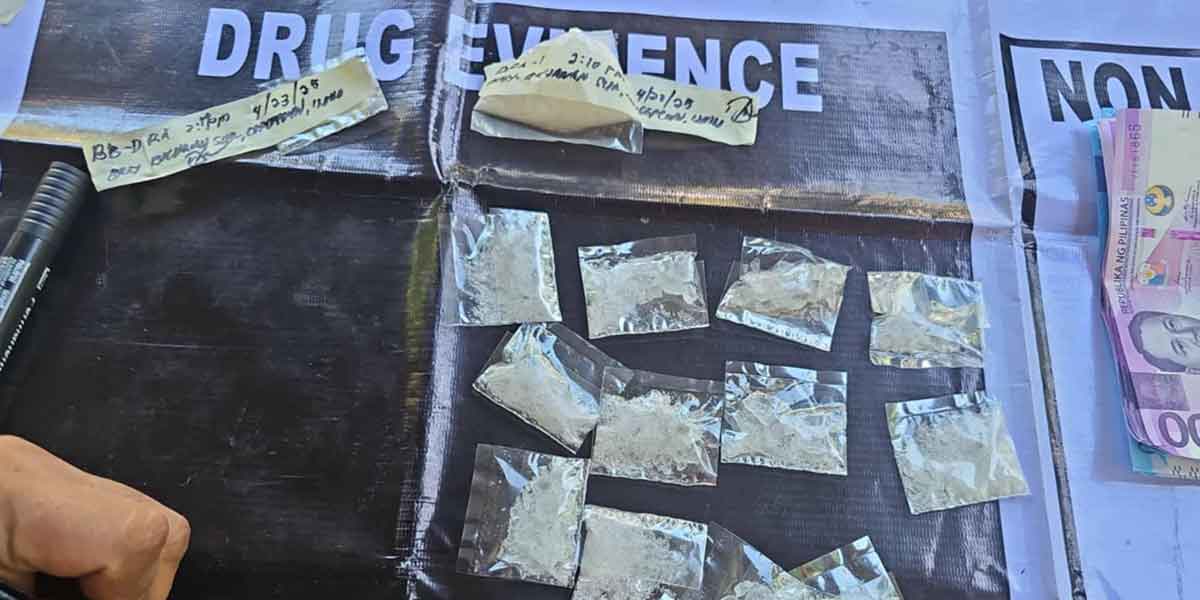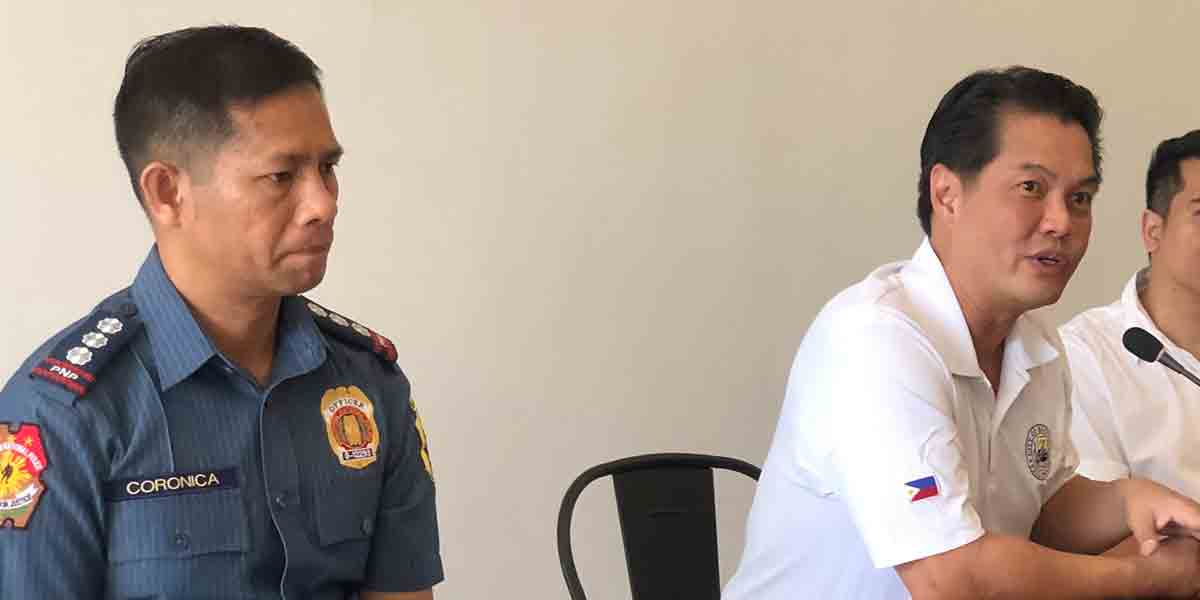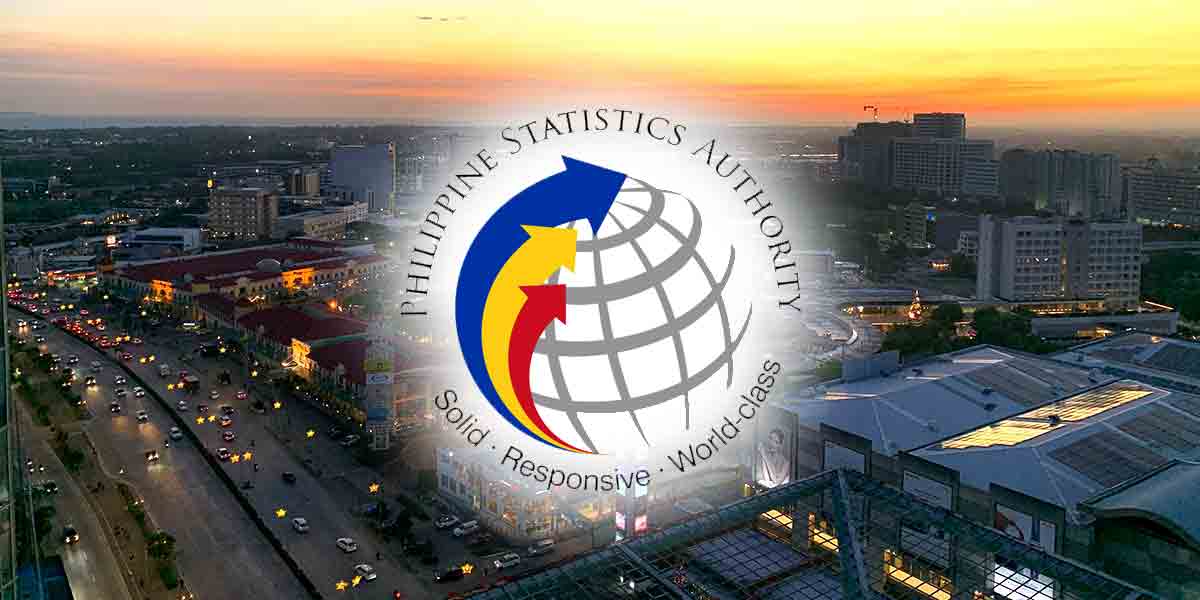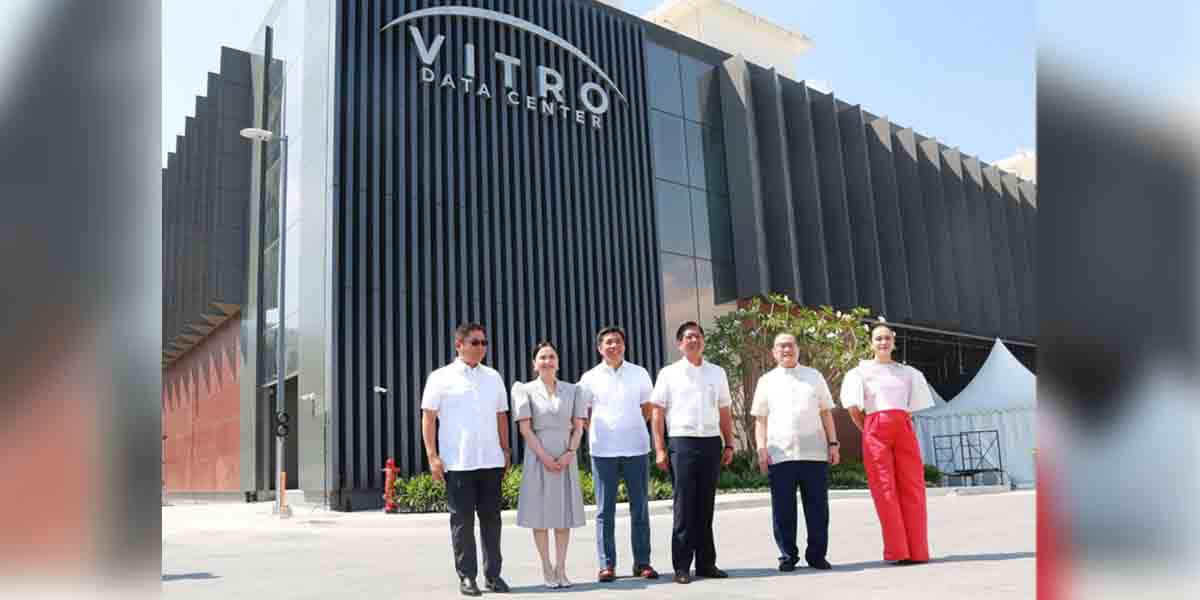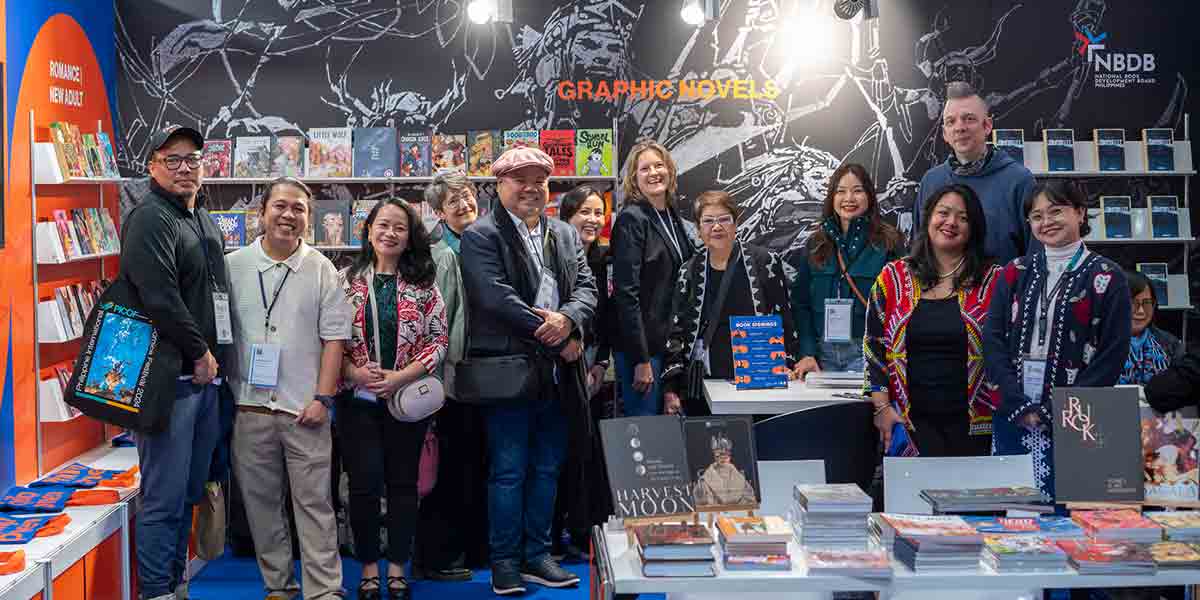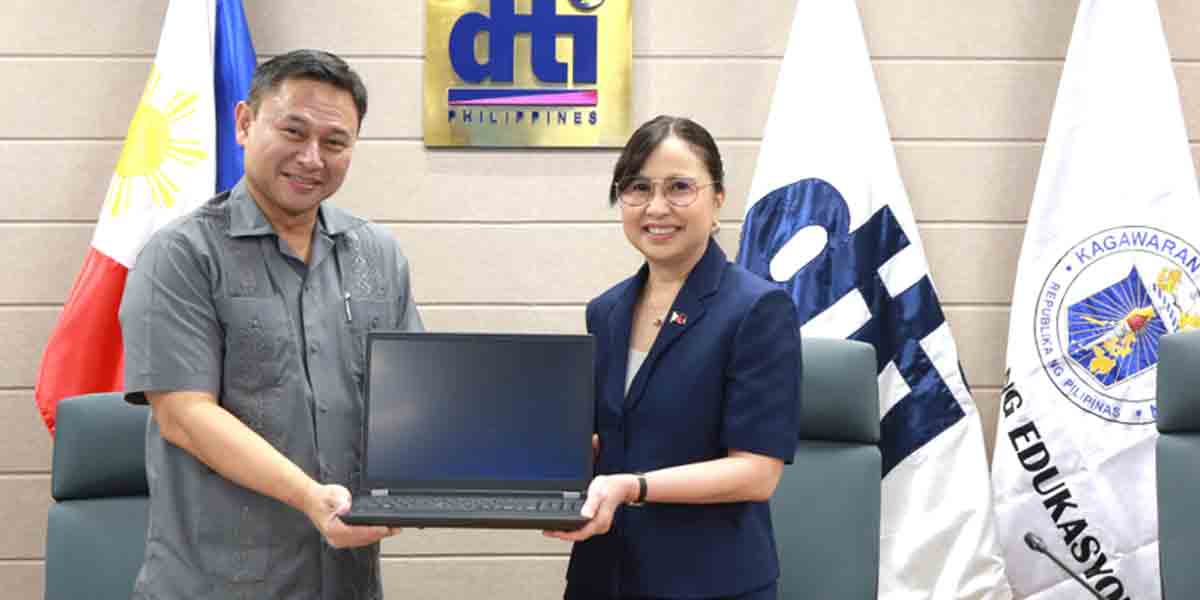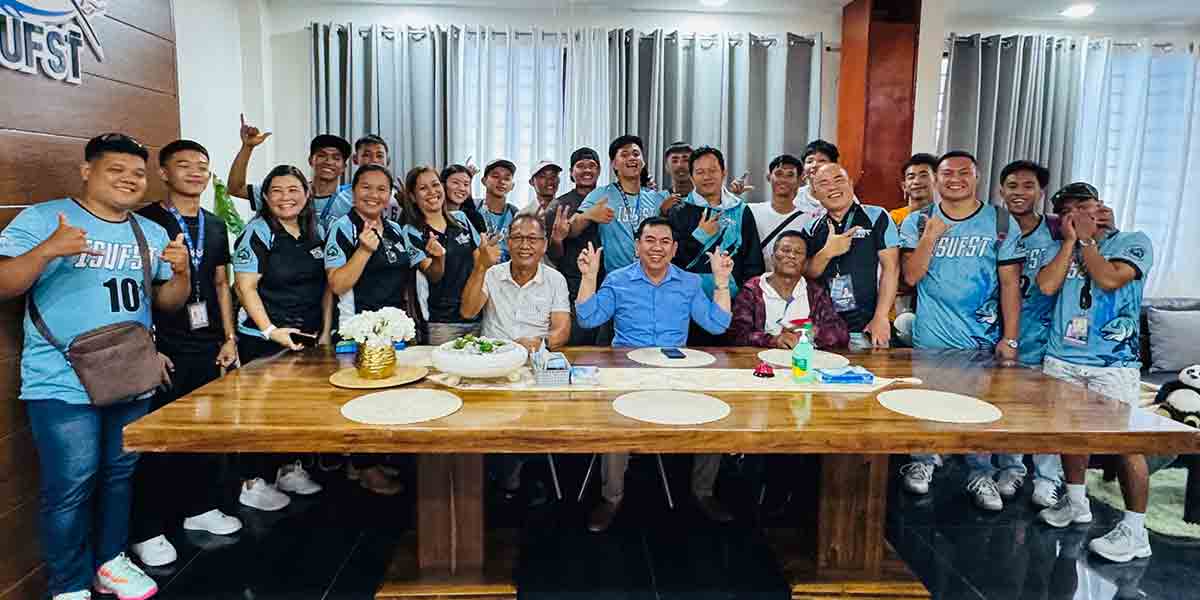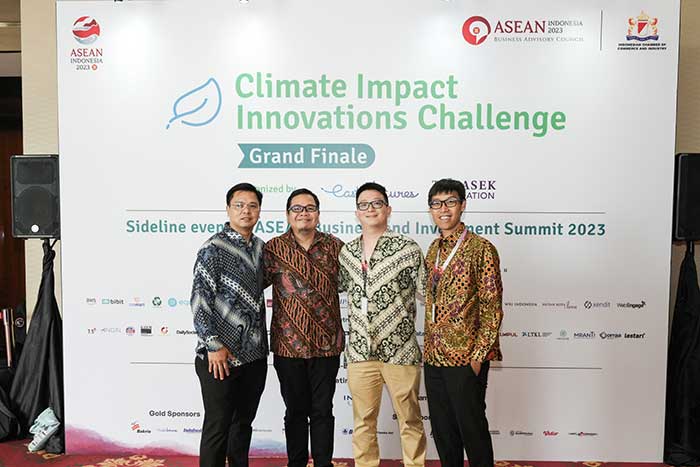
BANIQL, an innovative company focused on sustainable nickel and cobalt extraction, announced the successful closing of its $1.6 million seed funding round.
The investment round, led by BEENEXT with participation from Seedstars International Ventures, A2D Ventures, Sopoong Ventures, and various angel investors, is set to propel the company towards a greener future for battery production.
“We are excited to have the support of esteemed investors who believe in our technology and mission,” said Willy Halim, CEO and Co-founder of BANIQL. “We are confident that this funding will enable us to take BANIQL to the next level and make a significant contribution to the transition towards a more sustainable future for the critical minerals industry.”
BANIQL is pioneering a novel and sustainable approach to extracting nickel and cobalt from laterites, essential components in electric vehicle batteries and renewable energy storage. This technology aims to significantly reduce the environmental impact of these extractions, addressing the rising demand for these materials as the world shifts towards cleaner energy solutions.
“Our team has been working tirelessly to develop a technology that not only addresses the growing demand for nickel and cobalt but also prioritizes sustainability and environmental responsibility,” said Eric Januar, COO and Co-founder of BANIQL. “This funding round is a crucial milestone for us, as it allows us to accelerate our efforts and make a lasting impact on the future of battery production and sustainable mining practices.”
The company’s vision is to enhance the supply of raw battery materials while reducing environmental impact, cost, and supply chain risks. With its U.S. patent-pending technology, BANIQL is targeting the Indonesian market, which holds 25% of the world’s nickel reserves, along with plans to penetrate the South Korean, Australian, and Philippine markets.
BANIQL’s technology promises a more sustainable and efficient alternative to traditional extraction methods, reducing water and energy consumption and minimizing chemical usage. The battery raw materials market is projected to reach $60 billion by 2030, with BANIQL’s innovations potentially unlocking an additional $62 billion market opportunity.
Charlie Graham-Brown, Partner at Seedstars International Ventures, emphasized the impact of BANIQL’s work: “BANIQL’s pioneering solution effectively addresses the urgent demand for superior quality, cost-effective nickel refining while significantly reducing the environmental footprint. Guided by a dedicated and mission-driven team, we are excited for BANIQL’s potential to spearhead a more sustainable and cleaner extraction technology.”
The seed funding will support building a pre-pilot facility, expanding the R&D and engineering team, and general operations, including patent development and product development. BANIQL has secured strategic partnerships with key industry players, such as one of Indonesia’s largest mining companies and precursor engineering and distributor ROV. Co. Ltd in Korea.
“With a combined market potential of $120 billion, BANIQL aims to capture a significant share and generate $1-3 billion in revenue,” Halim added.
BANIQL’s diverse team combines expertise in chemical engineering, material science, battery technology, logistics, and facilities management. CEO Willy Halim, an Indonesian graduate of UC Berkeley and Cornell, specialized in EV battery research. COO Eric Januar brings 12 years of experience in electronics, battery, and semiconductor R&D. Co-founder Seung Wan Kim offers 15 years of battery industry experience, and Facility Director Aristotle Vergara has over 20 years in logistics and facilities management.
Investors are optimistic about BANIQL’s potential to transform the critical minerals industry. “BANIQL’s commitment to sustainability and efficiency aligns perfectly with our investment philosophy,” said Ankit Upadhyay, CEO of A2D Ventures. “We are impressed by the team’s deep understanding of the challenges facing the critical minerals industry.”



